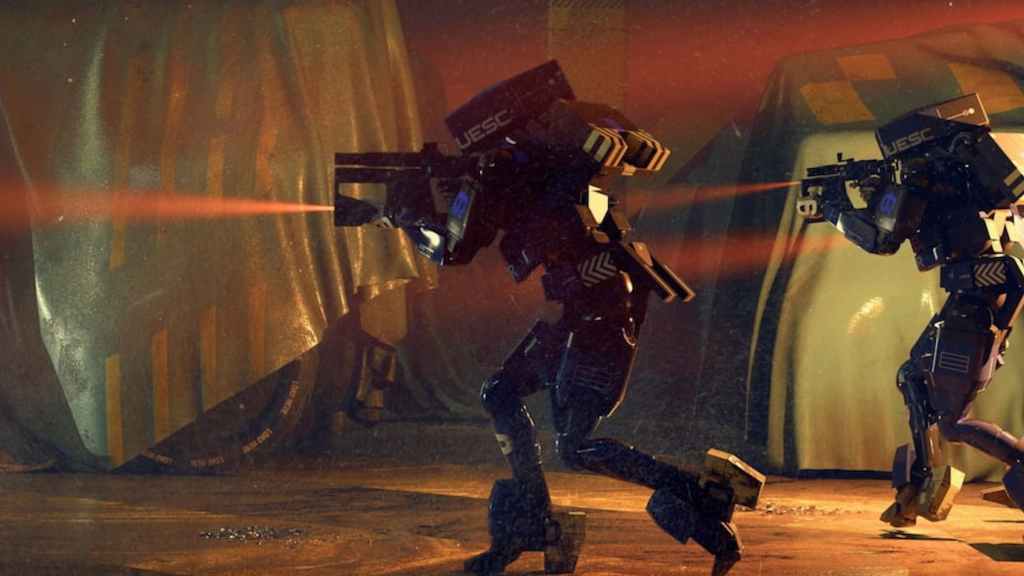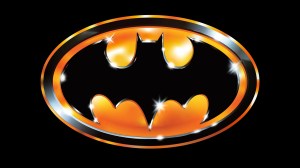Bungie’s history is one of peaks and valleys, triumphs and near-misses. It defined the modern console with Halo: Combat Evolved and then delivered one of the best trilogies in gaming that still stands out to this day. This legacy was carried on through Destiny, and while it was never my cup of tea, it revolutionized live-service games. The ambitious blend of regular updates seen in MMOs with solid gunplay Bungie was known for seemed to crack the live-service formula. Destiny 2 continued this trend with its launch, promising more years of exciting and exhilarating gameplay few studios could reproduce.
Videos by ComicBook.com
But the years came, and instead of succeeding, Bungie began to crack. Destiny 2 has made decision after decision that alienated even diehard fans with its monetization and balancing. Marathon is poised to be its next big project, one I was beyond excited for, but controversary, corporate decisions, and shaky alpha tests show Bungie may be fading for good after Marathon’s delays.
Bungie’s Struggle After Destiny’s Decline

When Destiny first launched in 2014, Bungie had created a revolutionary title. A shared-world shooter that combined the satisfying gameplay of an FPS with the endless possibilities of an MMO was the innovation that could define a generation. In many ways, it did. Destiny and its sequel developed one of the most dedicated fanbases in gaming, further cementing Bungie’s position within the industry.
Even I, someone who did not care for shooters or MMOs, got sucked into Destiny 2. I still remember the moment during the first raid, Leviathan, when I saved the raid in the last second. My buddy was carrying the last standard back and our allies were moments from failing during the Castellum section. We jumped the over the last wall and I unleashed my Stormcaller Warlock’s super, wiping out the enemies and allowing the last flag to be planted. This is one of my favorite moments of gaming, and it occured in two genres I didn’t even like that much. Such was the power Bungie had in gaming, and this is why its current state is so sad.
Maintaining a live-service title is exhausting work, there is no doubt of this, and this burden would prove to be too much for Bungie. Despite its following, many considered Destiny 2 lackluster for a sequel. No new classes and a rocky opening left fans disillusioned and this was only expanded by its expansions. They felt uneven and inspired, rehashing narratives that led to underwhelming story payoffs and introducing balancing issues that alienated its community.
Destiny 2 may have tarnished Bungie’s stellar reputation, but strained morale and layoffs deepened this wound. The pressure to deliver something fresh and exciting had reached a boiling point, and like many, I believed Marathon would be the way forward for Bungie before its delay and issues. A way to redeem itself and show the old spark that put it on the map was still there.
Why Marathon’s Failure Could Be the Endgame

At first glance, Marathon seems like a logical move for Bungie. Reviving one of its earliest IPs allowed the studio to tap into nostalgia while innovating with fresh new ideas. It made the bold choice to enter the extraction shooter market, a hot new genre dominated by titles like Escape from Tarkov and Hunt: Showdown. Even bolder was to layer this with hero-shooter mechanics, giving players predetermined characters to select with unique abilities. This choice was risky, as extraction shooters are notoriously difficult to balance, requiring tension, pacing, and a rewarding gameplay loop. Further difficulty is in appealing to both casual and competitive players, as well as solo and squad-based preferences.
The bigger issue is Bungie’s credibility. It was already on thin ice with Destiny 2, but now the studio seems intent on speedrunning its reputation into the ground. Gameplay decisions, such as locking players behind heroes, not including solo play, and a radical redesign of the Marathon world are one thing. These pale in comparison to the decisions surrounding development, and what would prove to be greater breaches of trust for Bungie’s fans. Alleged art theft, cancelling developer streams, and panicked marketing changes showed how damaged Bungie is internally and fans. All of this has led to me and many others fearful of Bungie’s future.
Despite all this, I want both Marathon to succeed. If it stumbles, the fallout could be severe enough that Bungie could see the same fate as so many other studios: shutdown. The saving grace for the studio could be Sony, which has taken a greater interest and investment in Marathon and Bungie. That said, Sony is not infallible. It’s shift to live-service titles proved to be disastrous with the closure of several projects and shutdown of Concord. One has to hope it learned its lesson and is ready to apply these to Marathon.
Bungie has spent decades at the center of gaming history. Marathon is more than just a game; it is a symbolic weight, a monument that shows the studio can still be relevant through innovation, high-quality gunplay, and intriguing narratives. The studio’s future hinges on the upcoming extraction shooter, a future threatened by outside forces like Arc Raiders and internal ones. Should Marathon fail, Bungie will fail with it and may erode the iconic legacy it spent building over three decades ago.
What do you think? Leave a comment below and join the conversation now in the ComicBook Forum!









